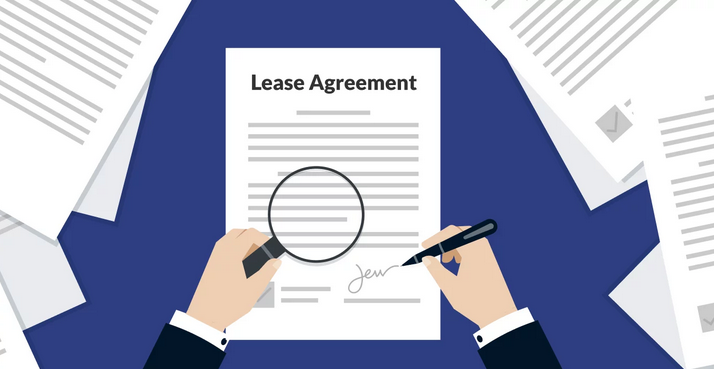
Putting your signature on a kansas residential lease agreement is actually a considerable stage for both landlords and tenants. Comprehending the conditions and terms from the rent will help avoid misconceptions and disputes down the line. Follow this advice for navigating a lease agreement Kansas properly:
1. Read through and Understand the Hire: Before signing any paperwork, very carefully look at the overall rent agreement and be sure you understand every one of the stipulations. If there’s anything you’re unclear about, don’t wait to ask the property owner for clarification or seek legal counsel.
2. Discuss Conditions: Leases are often negotiated, so if there are particular terms you’re uneasy with or want to change, explore them with the property owner before signing. Frequent negotiation points incorporate rent sum, lease contract period, and animal insurance policies.
3. Papers Property Condition: Prior to moving in, extensively inspect the leasing house and papers its problem with pictures or videos. This paperwork may help protect you against unfounded safety put in reductions whenever you shift out.
4. Be aware of Rent and Tools: Ensure you know how much lease you’ll be paying, when it’s because of, and the way to shell out it. Additionally, explain which resources are in the rent and which ones you’re in charge of paying independently.
5. Know Your Rights and Commitments: Fully familiarize yourself with Kansas property owner-renter regulations to comprehend your rights and commitments as a renter. Including discovering how a lot notice you have to give prior to relocating out and what to do in case of maintenance issues or disputes with all the property owner.
6. Keep Conversation Open: Developing open up conversation with your property owner from the beginning might help street address any concerns that may arise throughout the tenancy rapidly. Whether or not it’s seeking maintenance or talking about lease contract renewal, preserving a confident partnership together with your property owner is useful for both functions.
7. Revival and Termination: Pay attention to the lease conditions about lease contract renewal and termination. Be aware of the notice times necessary for each party and ensure to talk your motives regarding revival or shifting out promptly.
8. Seek Legal Services if required: In the event you experience any legal issues or disputes relevant to your hire deal, don’t think twice to get legal services from the certified legal professional focusing on property owner-renter regulation. They could provide direction and representation to help you safeguard your proper rights.
Moving a Kansas residential lease agreement doesn’t really need to be overwhelming. By understanding the terms of the rent, communicating efficiently with your landlord, and knowing your rights being a tenant, it is possible to ensure a confident and mutually beneficial rental expertise.





